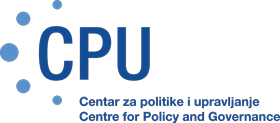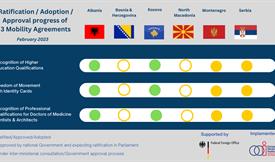Critical raw materials in Bosnia and Herzegovina
Across the world, governments, businesses, research institutions, and civil society are actively dealing with challenges and opportunities brought by evolution of the material market, including the issues of secure and responsible supply, sustainable exploitation, environmental impact, improvement of resource efficiency, development of alternative materials, and improvement of recycling technologies.
More










